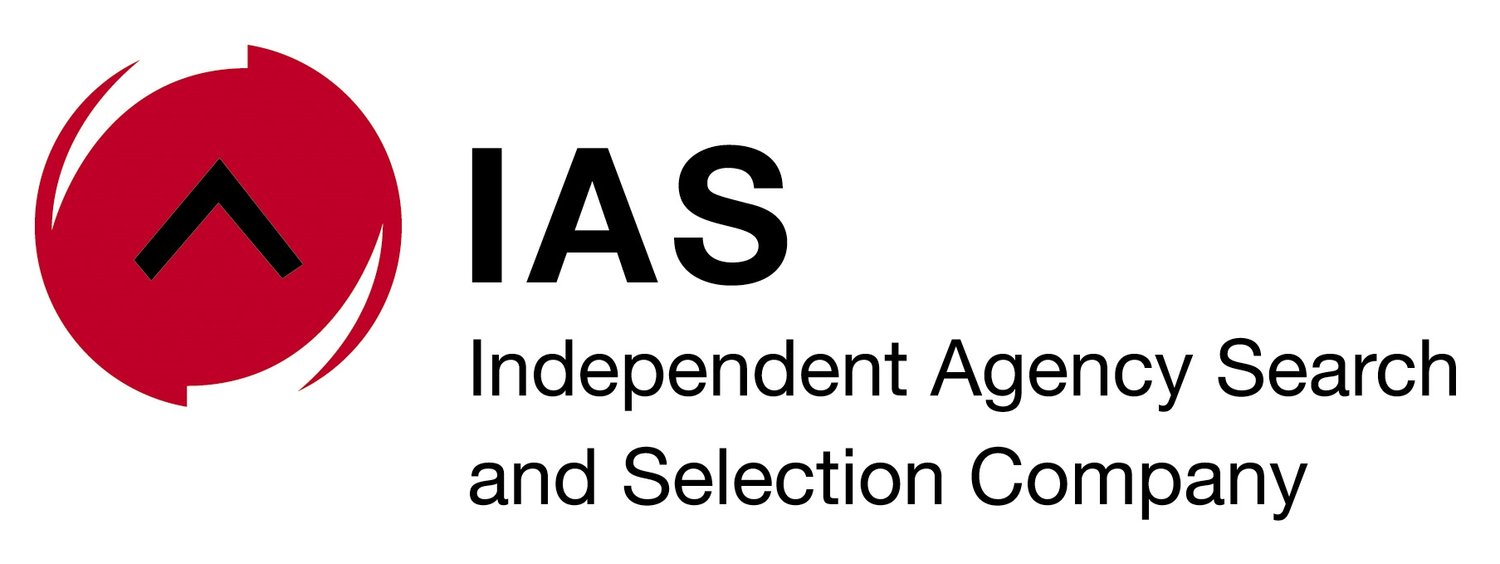Seventeen years and 500 pitches later (excluding those I was in and ran during my time in agencies and as a marketer), I’m more than ever convinced that, without chemistry, the client-agency relationship is doomed.
Chemistry isn’t just about liking each other or socialising. It’s so much more.
A commitment to a relationship involves discussion, shared values, appreciation of cultures and so on. A client-agency relationship can’t be governed by contract and resource plan alone. It’s about standing together and facing the difficulties that inevitably will occur, such as a sudden budget cut.
Where & how the “magic of chemistry” starts?
Chemistry starts during the early stages of a pitch process, whether formal or informal — or it should. How an agency could possibly go into a final pitch presentation in front of a marketer without having had at least one exclusive interaction with that potential client is beyond me. Plus, in my view, agencies must push for that managed interaction because chemistry is a two-way street and it’s an opportunity for each party to evaluate the other, just as they do later during any professional relationship management exercise.
Chemistry sessions over Teams don’t work, although when we had to do those a few years ago during the beginning of the covid pandemic, it was better than nothing. In person, in real life sessions in the agency offices is where chemistry may be assessed. An agency is at its most authentic in its own environment, and the job of the client is to evaluate how that agency will fit into the client’s world.
I estimate that, globally (and locally), only 20% of all pitches are managed by intermediary companies, so it’s still low but even non-intermediated pitches need a chemistry stage and assessment. This gives both parties the chance to decide on a number of things:
Can we (the client) work with this agency?
Can we (the agency) work with this client team?
Is the agency team ‘together’ and do they have each other’s backs (teamwork)?
Is the client used to dominating its agency partners, or is it prepared to work in partnership?
Does the agency display curiosity, or does it try and ‘know everything’ too soon?
Do the client team members display solid connections and a chemistry of their own?
When I (client) look at my meetings coming up in the week ahead, am I excited at the thought of meeting my agency team?
Did the agency team only talk to the most important member of the client team or did they make sure that everyone was included?
And the list goes on.
These factors are vital to the well-being of any relationship and may become crucial when the ‘chips are down’.
Chemistry isn’t about long lunches or over-socialising. It’s not about gifts or weekends away but about the ability to be able to pick up the phone or send an urgent WhatsApp and know that it will be readily received, trusted and acted upon by either party in a time of crisis.
Chemistry is so important that it can be used as an elimination factor during a formal pitch process. Even the highly structured government processes (and some private sector processes) can accommodate a chemistry session as procurement should, and surely would want to, do a site inspection at an agency before appointing it or asking it to pitch. Building in some time for a chemistry assessment would add enormous value to the much-reviled PFMA pitch process.
Building chemistry
Chemistry may be built or it may happen spontaneously. However, though there might be an instant attraction between both parties the first time they meet, this could easily dissolve during the later stages of a pitch — a case of instant attraction becoming fatal attraction!
I believe that, if the chemistry can be sustained and the agency wins the pitch, then the early start to the relationship will be far easier and will overcome any initial hurdles created through (what can be) a difficult contracting process or the first 90 days.
Great chemistry allows the working relationship to become optimal. The briefs are better; the work or outputs are better; there is more respect. Everyone feels valued and will be ever more proactive in their ideas and inputs into that relationship. Even if there are dips in output excellence from time to time, the chemistry between the parties will allow the relationship to continue unhindered and to enjoy robust discussion.
How to build chemistry is something that can be learnt and all of the great pitch consultants who I know globally include these learnings in their processes, as do I. It always surprises me when we run a masterclass on “the magic of chemistry” at how well-received and popular it is.
Contract renewal time
We spend a lot of time working and, in my many years of experience in advertising and marketing, agency and marketing professionals often work longer than most (12-hour days are nothing unusual). Imagine how hard it is to retain enthusiasm and chemistry if the relationship has broken down and one is starting to feel like a slave.
If that breakdown continues, when it’s time for contract renewal, then there’s little chance that the agency will be renewed automatically and, indeed, it might not even want to be renewed, let alone repitch.
There’s value in the relationship management exercises that all intermediaries conduct for clients and agencies but, without chemistry, no matter how often or thorough those exercises are, the client-agency relationship will not survive.

